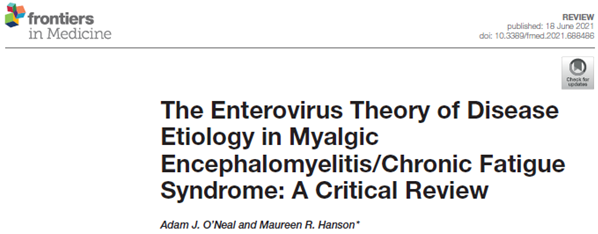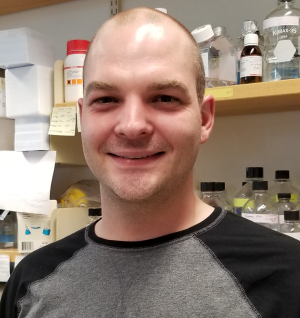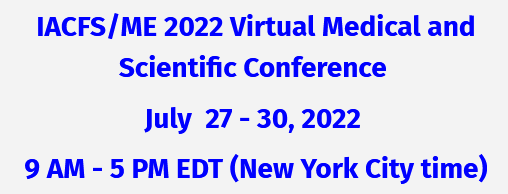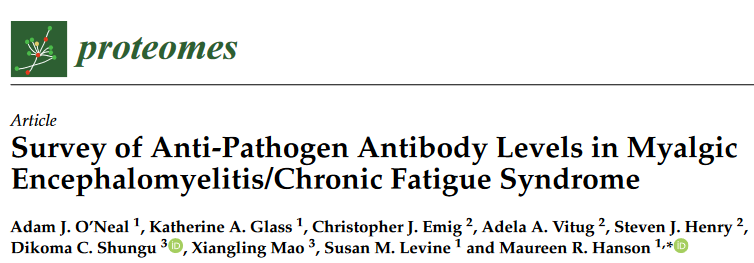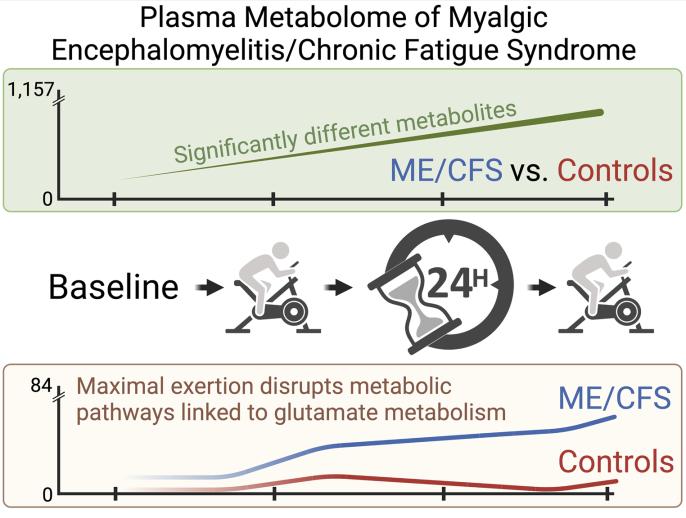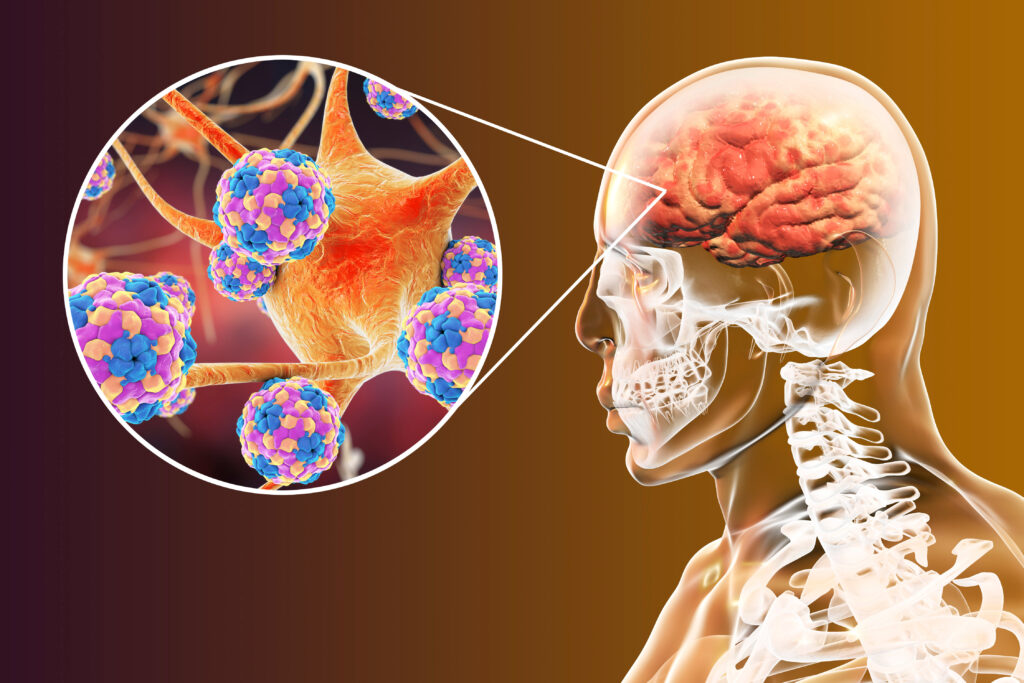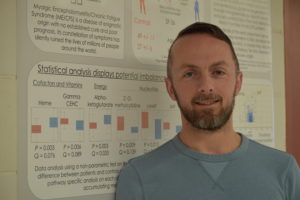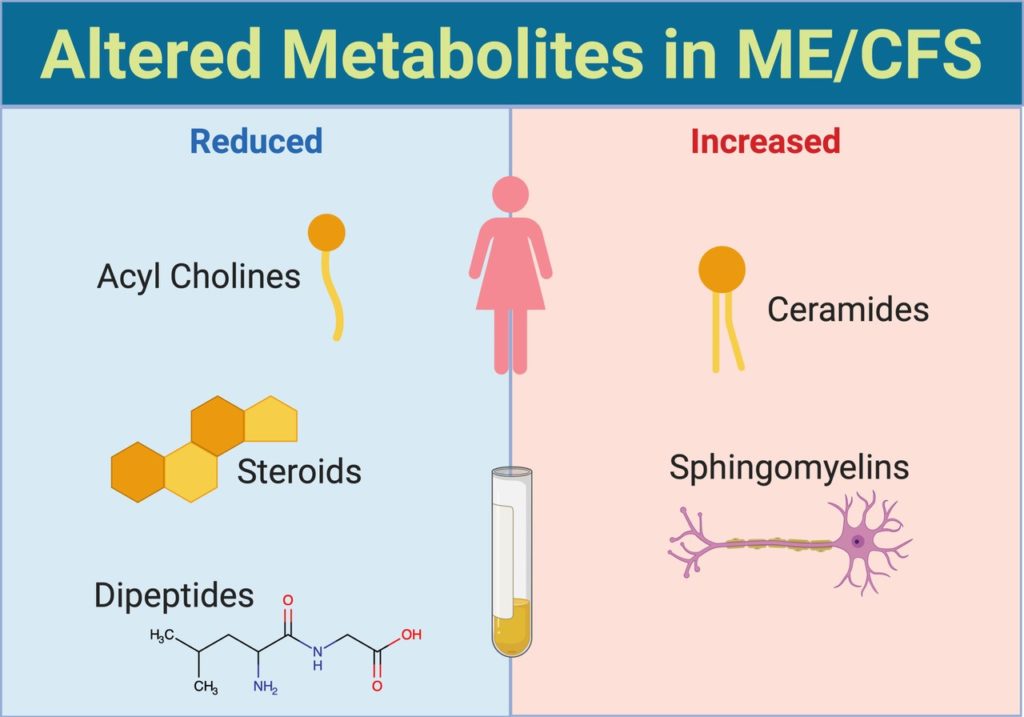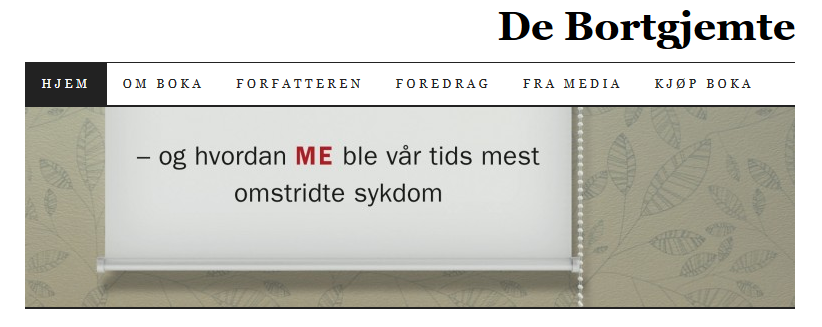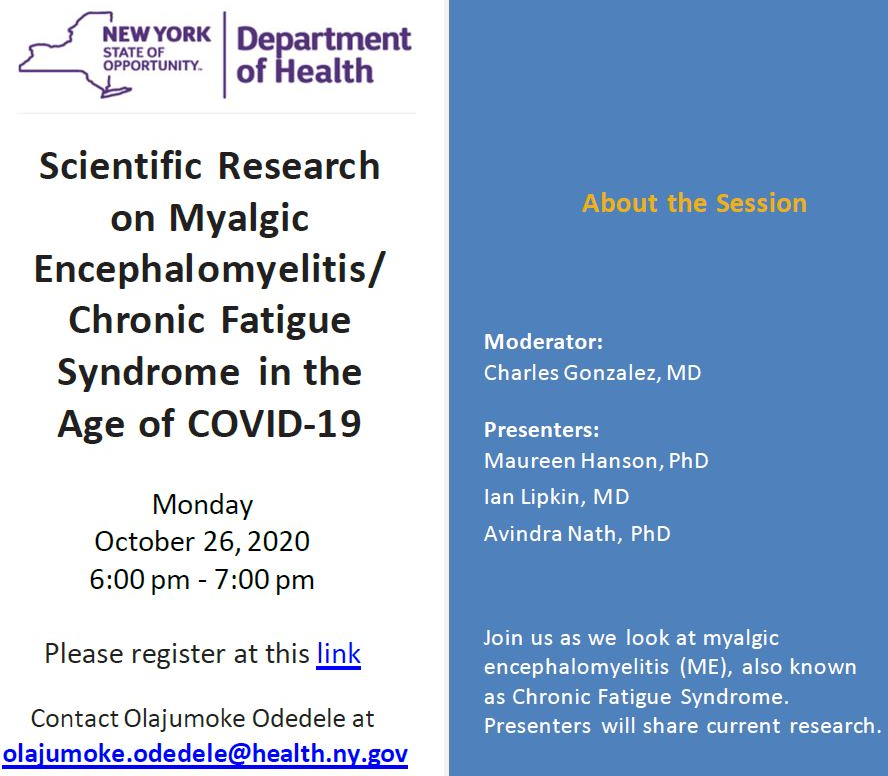
Center Director Dr. Maureen Hanson will be presenting current scientific research on ME/CFS during a panel session hosted by New York State Department of Health (NYS DOH). The session titled “Scientific Research on Myalgic Encephalomyelitis/Chronic Fatigue Syndrome in the Age of COVID-19” will be moderated by Dr. Charles Gonzalez. Dr. Ian Lipkin (Columbia University) and Dr. Avindra Nath (NIH) will be joining Hanson as panel presenters.
UPDATE: In case you missed the panel discussion, NYS DOH released a recording along with each presenter’s slides. Direct links to the recording and Dr. Hanson’s slides are below. Visit the NYS DOH ME/CFS website for more information.
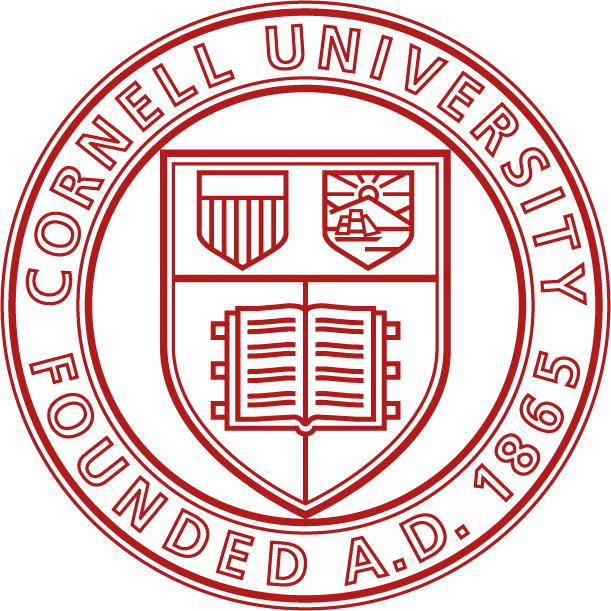 Center for Enervating NeuroImmune Disease
Center for Enervating NeuroImmune Disease
